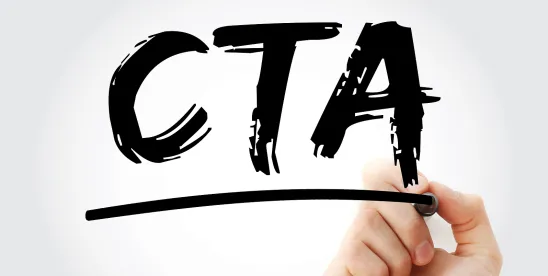Congress passed the Corporate Transparency Act (CTA) to address money laundering, tax fraud, and other illicit activity by requiring companies to report ownership information to the Financial Crimes Enforcement Network (FinCEN). The CTA may impact your Tribal businesses, as most companies chartered under state, Tribal, or foreign law are now required to report on their “beneficial owners”—defined as those who exercise substantial control over the reporting company or anyone who owns at least 25% of the company. As discussed below, some Tribal businesses may be eligible for an exemption, though the Treasury Department has not issued specific guidance on the CTA’s applicability to Tribal businesses. Although ongoing litigation is challenging the validity of the law, Tribal business should be prepared to submit the required information to FinCEN per the requirements below.
Required Information
The report filed with FinCEN must include information about the company’s name(s), addresses, formation, registration, Tax Identifier Number, and what jurisdictions the company is subject to. The report must also include personal information about the beneficial owner(s) of the company, including their name, date of birth, residential address, and a copy of a photo identification.
Timeline & Potential Penalties
Businesses created prior to January 1, 2024, have until January 1, 2025, to file their report with FinCEN. All non-exempt businesses formed during 2024 have 90 days to report, and businesses formed after January 1, 2025, must report within 30 days. A failure to submit reports can result in up to a $10,000 fine and potential prison time. Unless an exemption applies, businesses must file electronic reports using the FinCEN’s online filing system. After the initial report is filed, an updated report must be filed within 30 days if certain changes occur.
Exemptions
The CTA includes 23 statutory reporting exemptions, including several that may be of particular interest to Tribal businesses. See 31 U.S.C. § 5336(a)(11)(B).
1. Entities exercising governmental authority; (B)(ii);
Tribally designated housing entities, healthcare consortiums, development corporations, and other arms of the Tribe—as well as the Tribal government itself—are most likely exempt from reporting under the government authority exemption. An entity is eligible for the government authority exemption when it is (1) chartered under federal, state, or Tribal law; and (2) exercises governmental authority on behalf of a Tribe. Entities that qualify as arms of the Tribe may qualify for this exemption. Of course, each Tribal business will need to consider these factors on a case-by-case basis.
2. Large operating companies (B)(xxi); and
If a Tribal entity does not qualify for the governmental exemption, it may still be exempt if it meets employment, tax, and physical presence criteria. To qualify a company must: (1) employ more than 20 full time employees in the United States; (2) have filed federal income tax returns exceeding $5,000,000 in gross receipts or sales; and (3) have a physical office withing the United States. If these three criteria are met, the entity may not need to file a FinCEN report.
3. Subsidiaries of exempt entities (B)(xxii).
Under the CTA, subsidiaries of exempt entities are also exempt. This means subsidiaries of entities exercising government authority exempt under (B)(ii) and subsidiaries of large operating companies exempt under (B)(xxii) are also exempt from the reporting requirements. The application of this exemption to Tribal entities is unclear and will require an analysis of how much ownership and control the exempt entity possesses over the subsidiary. This exemption may be of particular interest for smaller Tribal businesses that are subsidiaries of larger Tribal economic development agencies.
Litigation
One U.S. District Court judge has already determined that the CTA is unconstitutional because it exceeds the powers granted to Congress. National Small Business United v. Yellen, Case No. 5-22-cv-1448, 2024 WL 899372 (N.D. Ala. Mar. 1, 2024). The Court’s injunction was limited, however, to a small group of parties participating in the litigation. An appeal of this decision is pending before the Eleventh Circuit (Case No. 2410736). The Court granted a joint motion for expedited briefing and argument, and oral argument is expected to be scheduled later this year.
Next Steps
As this is the first year of CTA reporting, many unanswered questions remain. The Treasury Department may issue new guidance on the CTA’s application to Tribal businesses. This newsletter is not intended to provide legal advice on the application of the CTA to any particular Tribal businesses.




 />i
/>i

